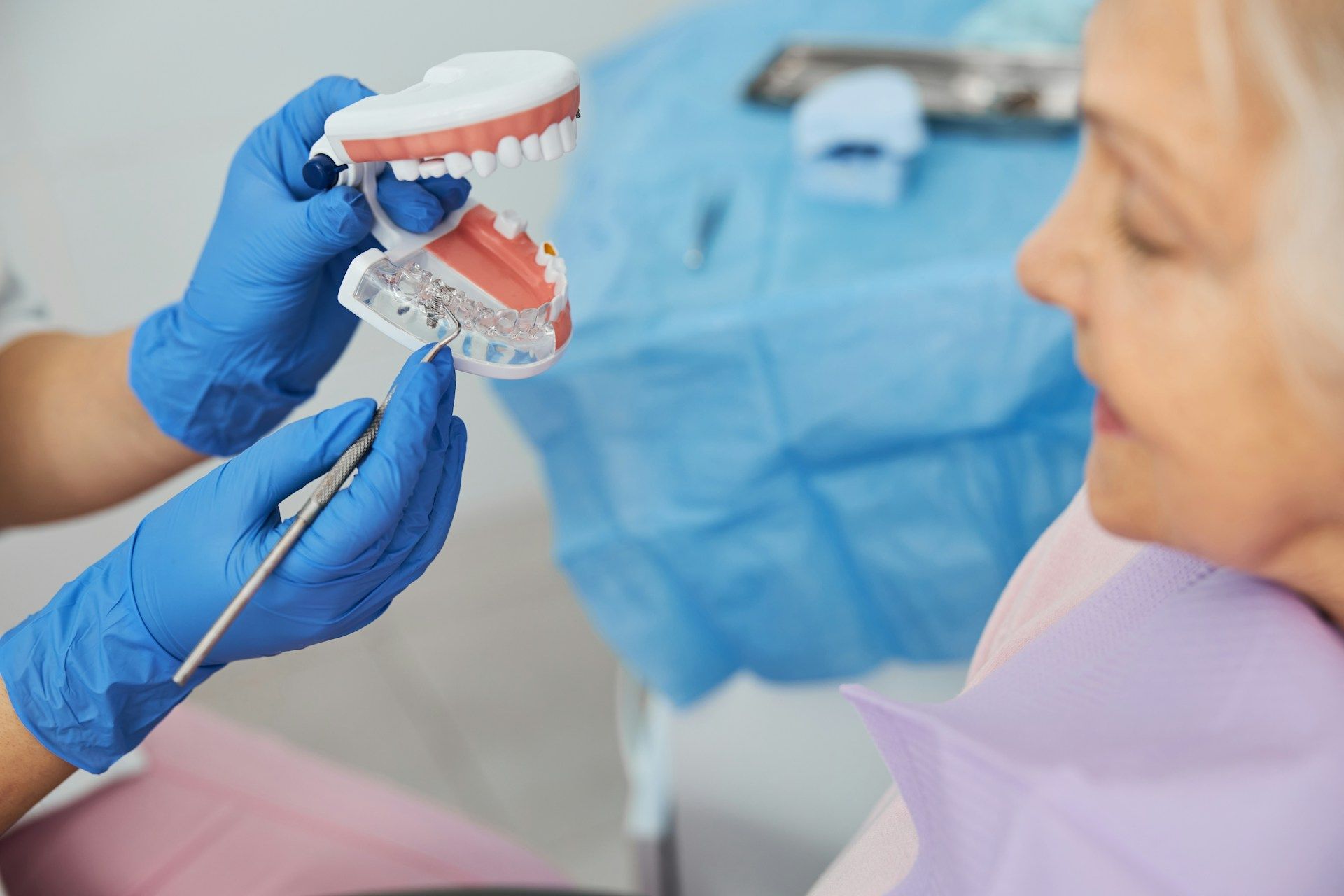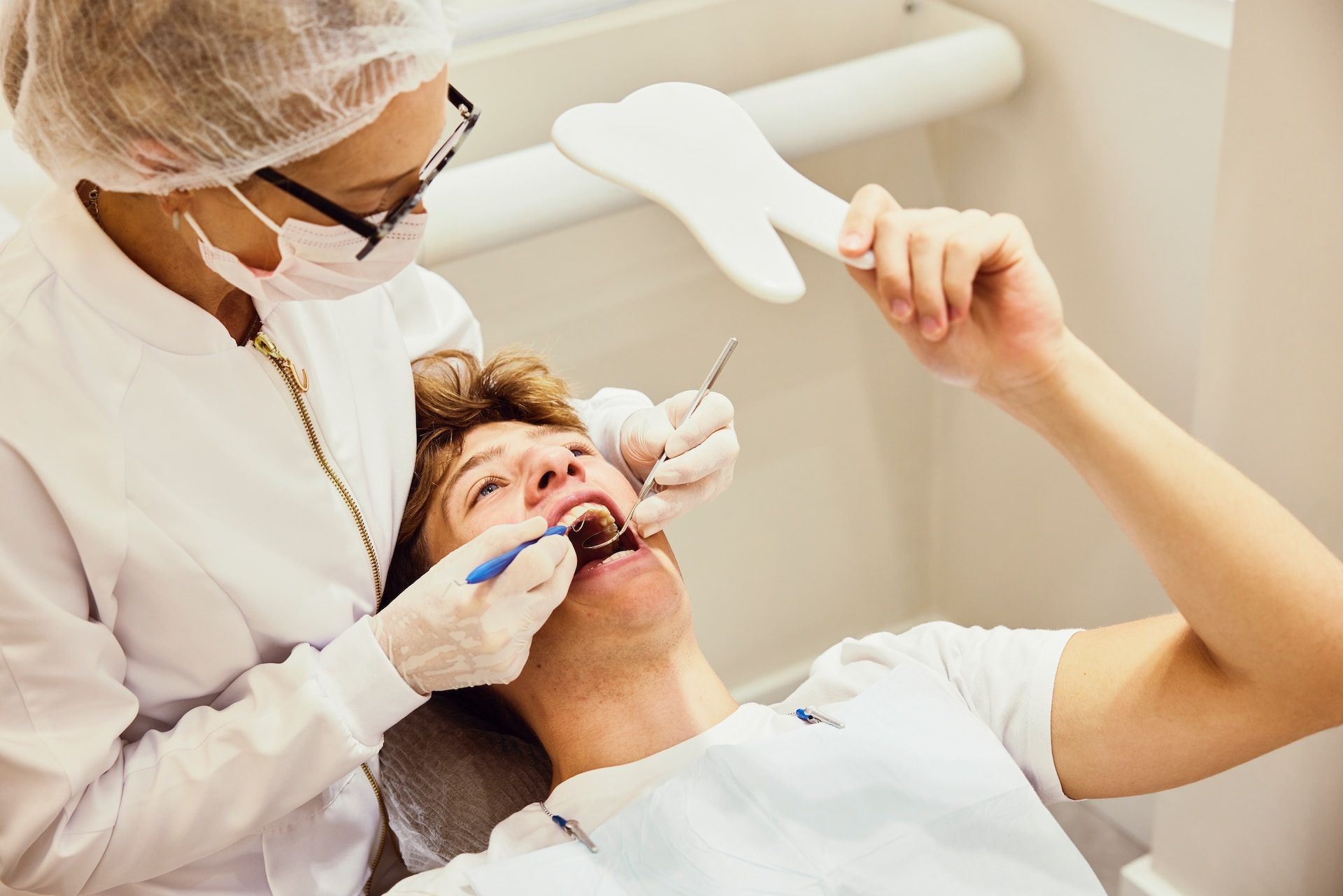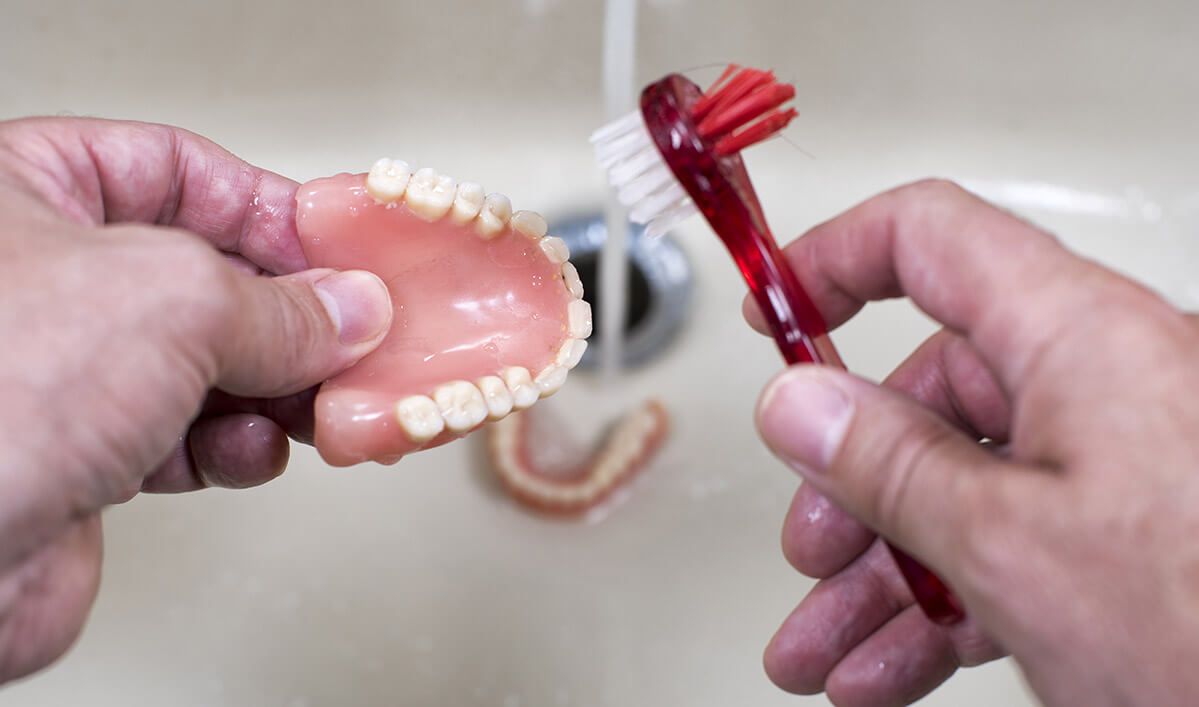Dental implants are a fantastic solution for replacing missing teeth. They look and function like natural teeth, allowing us to eat, speak, and smile with confidence. However, to ensure that dental implants last a long time and stay in good condition, proper care is essential. Just like our natural teeth, implants require a consistent oral hygiene routine and regular checkups with our dentist.
Caring for dental implants involves more than just brushing our teeth. It’s about adopting a comprehensive approach to oral hygiene, avoiding certain habits, and staying vigilant for any potential problems. Understanding these best practices can help us maintain the health and functionality of our dental implants, preventing complications and extending their lifespan.
Daily Oral Hygiene for Dental Implants
Taking care of our dental implants starts with a thorough daily oral hygiene routine. Just like our natural teeth, implants need to be cleaned properly to prevent plaque buildup and gum disease. We should brush our teeth at least twice a day using a soft-bristled toothbrush and non-abrasive toothpaste. This helps remove food particles and plaque from the surface of our implants and natural teeth.
In addition to brushing, we must also floss daily to clean the areas between our teeth and around the implants. Special interdental brushes or water flossers can be particularly effective in reaching these tight spaces. Using an antimicrobial mouth rinse can further help reduce bacteria in our mouth, keeping our gums healthy and minimizing the risk of infection. Maintaining a consistent oral hygiene routine ensures that our dental implants stay clean and function well.
Foods and Habits to Avoid with Dental Implants
Certain foods and habits can jeopardize the longevity of our dental implants, so it’s important to be mindful of what we eat and how we use our teeth. Hard and sticky foods, such as hard candies, ice, and caramel, can cause damage to our implants or the surrounding teeth. It’s best to avoid these foods or consume them with caution to protect our implants from unnecessary strain.
We should also be cautious with habits like chewing on non-food items (e.g. pens, fingernails) as they can put undue pressure on our implants. Additionally, smoking is harmful to oral health as it can lead to gum disease and slow the healing process after implant placement. By avoiding these foods and habits, we can help ensure that our dental implants remain in excellent condition for years to come.
Regular Dental Checkups and Cleanings
Scheduling regular dental checkups is vital for maintaining our dental implants. Our dentist will conduct thorough examinations to ensure the implants and surrounding tissues are healthy. These visits usually include professional cleanings that effectively remove plaque and tartar that we might miss during our daily routine. By keeping up with regular checkups, we can catch and address any minor issues before they become major problems.
During these appointments, our dentist will also inspect the fit and alignment of our dental implants. If there are any signs of wear or complications, adjustments can be made promptly. Consistent dental visits not only help us keep our implants in excellent shape but also contribute to our overall oral health. Regular interactions with our dental care team allow us to stay informed about the best practices for caring for our implants and preventing potential issues.
Recognizing and Addressing Potential Issues
Being aware of potential issues that may arise with dental implants helps us take quick action when needed. Common signs of trouble include redness, swelling, or pain around the implant site. If we notice any unusual symptoms, it’s important to contact our dentist as soon as possible. Early intervention can prevent minor issues from becoming serious complications.
Another potential issue is peri-implantitis, a condition similar to gum disease that affects the tissues around the implant. Symptoms include bleeding gums, deep pockets around the implant, and possible bone loss. Regular checkups and good oral hygiene practices can help prevent peri-implantitis. If detected early, treatments such as deep cleaning or antibiotics can effectively manage the condition. Staying vigilant about changes in our oral health ensures that any problems with our dental implants are addressed promptly, ensuring they remain functional and pain-free.
Conclusion
Caring for dental implants requires a dedicated approach to daily oral hygiene, proper diet, and regular dental visits. By following these best practices, we can maintain the health and longevity of our implants, ensuring that they continue to enhance our quality of life. Avoiding hard and sticky foods, quitting harmful habits like smoking, and being vigilant about changes in our oral health contribute significantly to the durability of dental implants.
Our journey with dental implants doesn’t end after the procedure. It begins a commitment to excellent oral care routines that support our investment in a beautiful and functional smile. Regular communication with our dental care team can help us stay on track and provide us with the necessary guidance for maintaining our implants.
If you have dental implants or are considering getting them, let us help you take the best possible care of your smile. Schedule an appointment with Genesee Family Dentistry, to learn more about maintaining your dental implants and ensuring your oral health remains top-notch.




